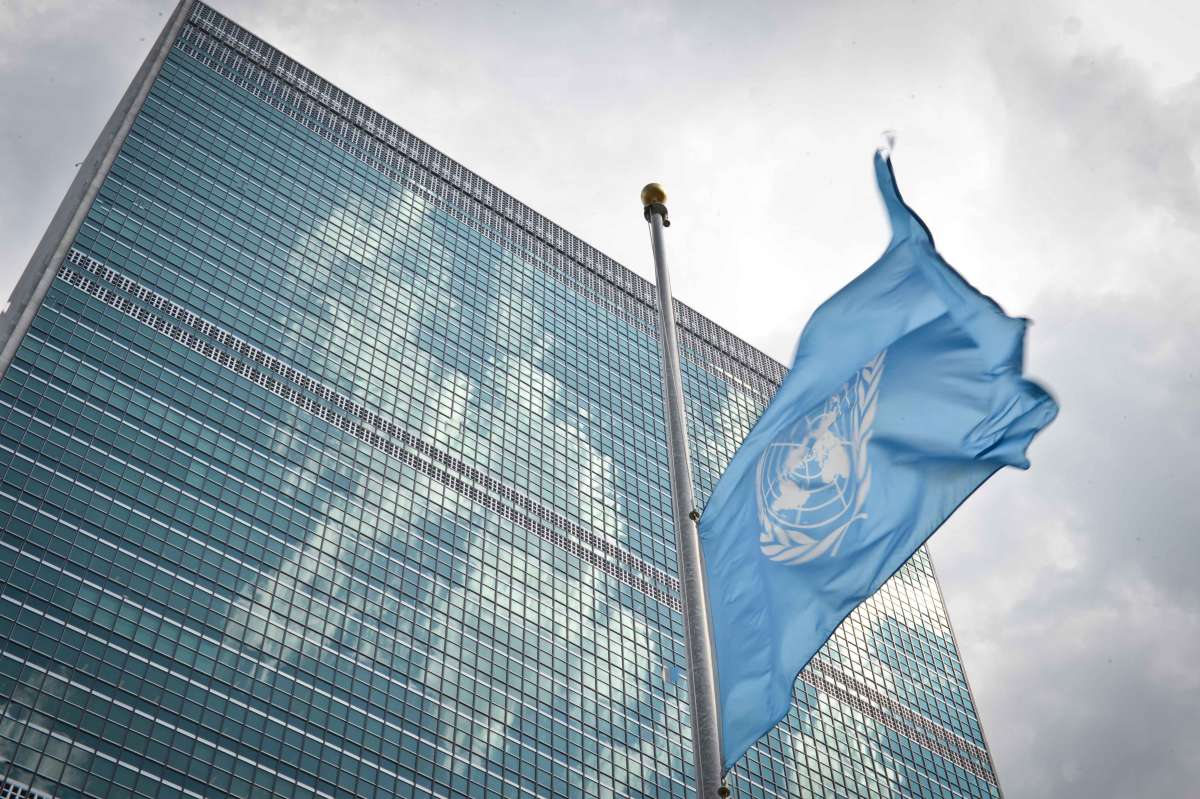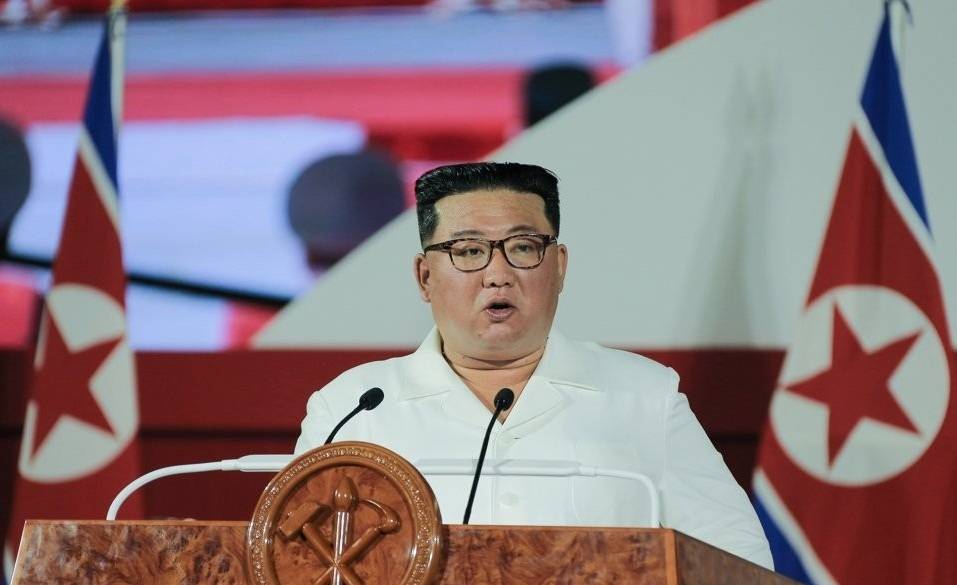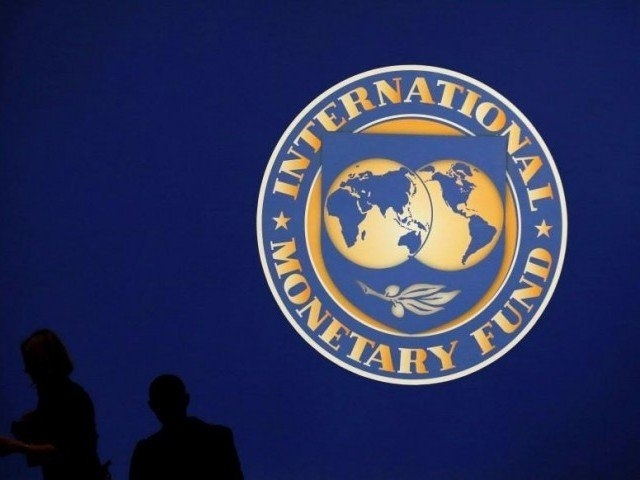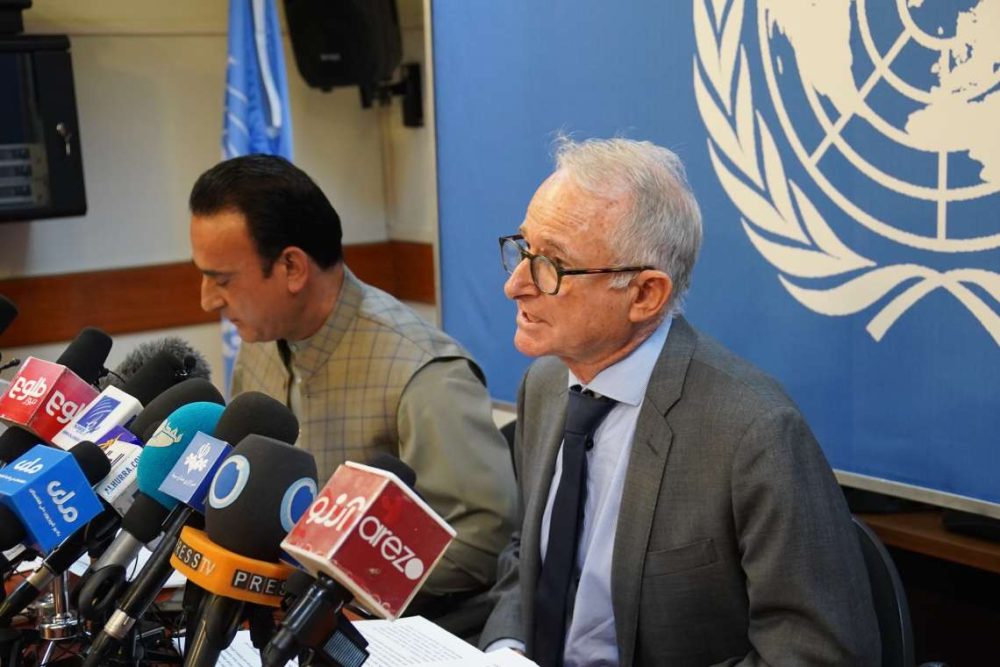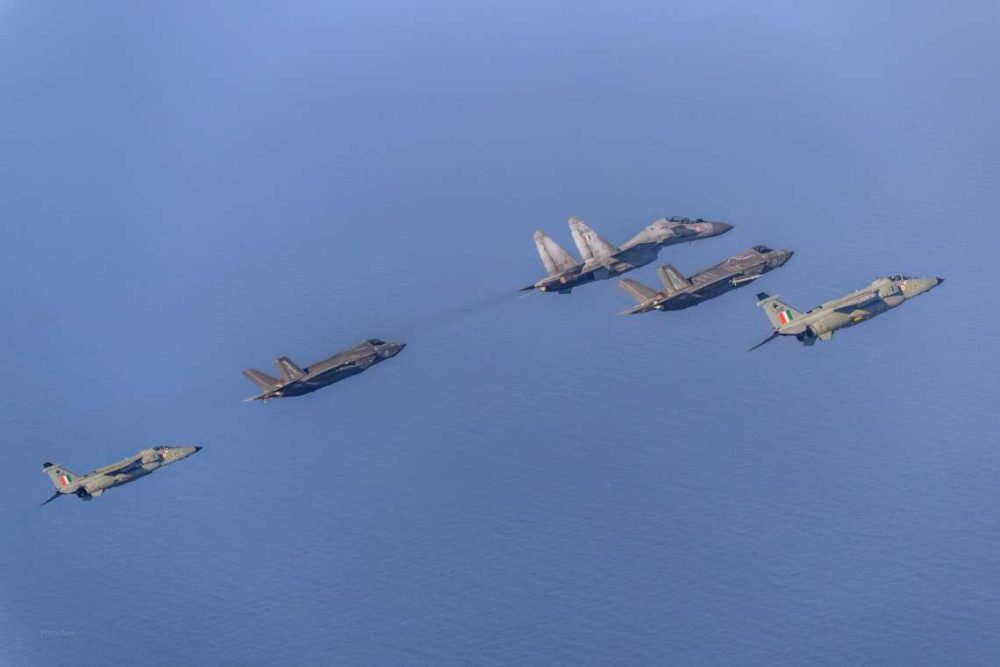The amendment limits the consumption and production of hydrofluorocarbons, and reduces the emissions of powerful greenhouse gases…reports Asian Lite News
The environment and its sustainability is in the spotlight at this year’s multilateral Treaty Event at the UN headquarters from September 19 to 22, held on the sidelines of the UN General Assembly high-level debate.
The Paris Agreement on Climate Change, the Kigali Amendment to the Montreal Protocol and the Convention on Biological Diversity are among the multilateral environmental agreements highlighted this year.
They aim to address the triple crisis of climate disruption, biodiversity loss and pollution destroying the planet, which require a collective response from the international community. In addition to the protection of the environment, highlighted treaties cover other areas of global concern, including human rights, gender equality, the law of the sea, and disarmament.
During the Treaty Event, member states are invited to sign, ratify or accede to any of the more than 600 multilateral treaties deposited with the UN Secretary-General.
“Universal participation to these treaties is absolutely fundamental to their success,” said David Nanopoulos, Chief of the Treaty Section.
He pointed to the Montreal Protocol on Substances that Deplete the Ozone Layer, which regulates nearly 100 ozone-depleting substances and has been credited with repairing the ozone layer and slowing down climate change.
“Thanks to universal participation in this treaty, the ozone layer is well on its way to full recovery.”
Out of 52 multilateral treaties to be highlighted at this year’s event, 17 are related to the environment, including the historic BBNJ Agreement, which will open for signature on September 20.
The BBNJ Agreement is an international legally binding instrument under the UN Convention of Law of the Sea to address the conservation and sustainable use of marine biological diversity of areas beyond national jurisdiction.
These areas cover over two-thirds of the ocean. The breakthrough agreement, which was adopted on June 19 was called “a victory for multilateralism” by Secretary-General António Guterres.
The BBNJ Agreement will enter into force 120 days after it is ratified by at least 60 states, which includes signing and national approval by the state, a process that typically takes years.
“The oceans are in crisis,” said Vladimir Jares, Director of the Division for Ocean Affairs and the Law of the Sea, reiterating the importance of the agreement.
He said the UN hopes states will aim for universal participation, of which the first step is signing the agreement.
In addition to the BBNJ Agreement, there is one other new multilateral UN treaty at this year’s Treaty Event.
That is the UN Convention on the International Effects of Judicial Sale of Ships.
Known as the Beijing Convention on the Judicial Sale of Ships, it establishes a harmonized and simplified regime that secures cross-border recognition of judicial sales of ships, ensuring the smooth operation of international trade.
Also highlighted this year is the so-called Kigali Amendment to the Montreal Protocol on Substances that Deplete the Ozone Layer, which has already been joined by more than 150 parties.
The amendment limits the consumption and production of hydrofluorocarbons, and reduces the emissions of powerful greenhouse gases.
In September 2000, the UN invited world leaders attending the landmark Millennium Summit to take advantage of their presence at UN Headquarters to join a wide range of major international treaties.
By signing multilateral conventions or depositing their instruments of ratification, accession or through other instruments establishing the consent to be bound, the member states contribute significantly to the advancement of the rule of law in international relations and the cause of peace.
Since then, the Treaty Event has been held annually, usually coinciding with the General Debate of the General Assembly in September.
Since 2000, the UN Treaty Events have resulted in more than 2,000 treaty-related actions, including signatures, ratifications and accessions.
ALSO READ-Crunchmoms Summit 2023: Empowering Women in the Middle East


